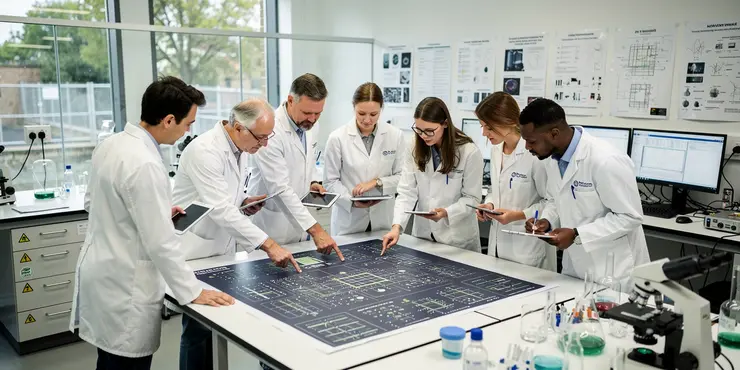
Find Help
More Items From Ergsy search
-
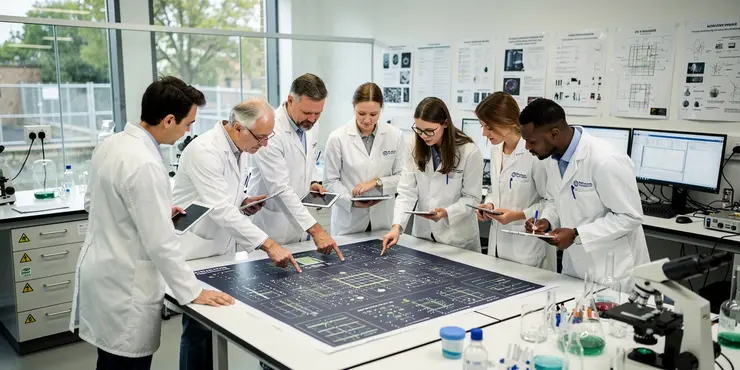
Can hypothesized variants be used in scientific modeling?
Relevance: 100%
-

What are the Nimbus and Stratus variants of Covid?
Relevance: 33%
-

How do scientists name new Covid-19 variants?
Relevance: 27%
-
Has research been conducted on the Nimbus variant?
Relevance: 27%
-
What is the Covid-19 Stratus variant?
Relevance: 27%
-

Are there protocols for handling hypothetical variants?
Relevance: 26%
-

Are new COVID-19 variants more dangerous?
Relevance: 25%
-
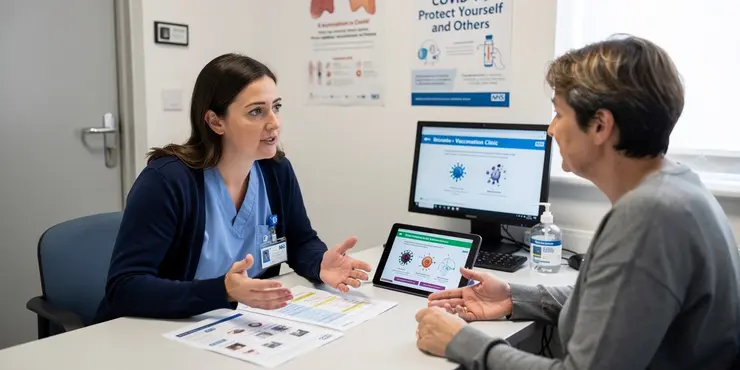
Are new variants more transmissible?
Relevance: 25%
-
Where can I learn about real Covid-19 variants?
Relevance: 24%
-
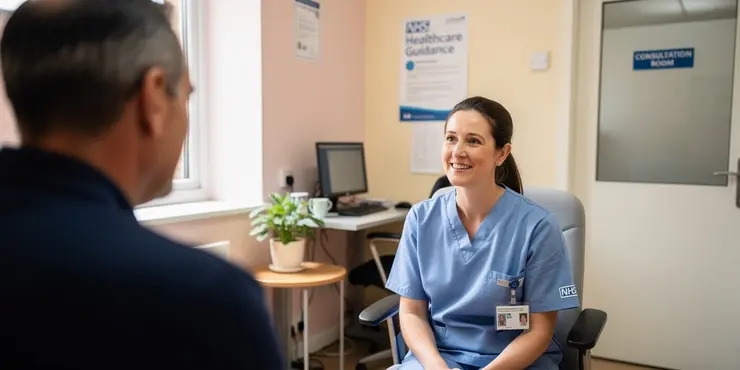
Should I be worried about new variants?
Relevance: 24%
-
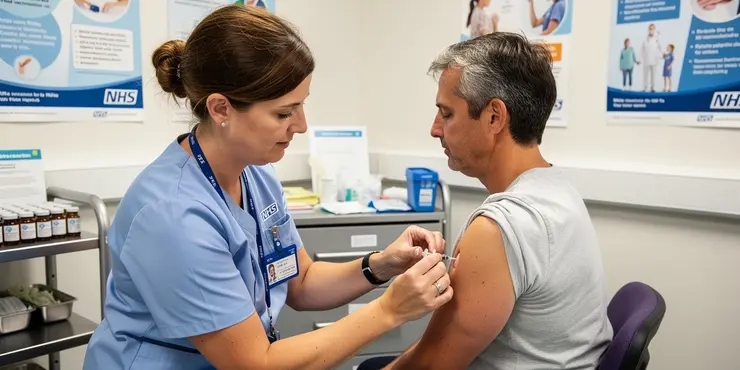
What impact could a variant like Stratus have if real?
Relevance: 24%
-

Can new variants cause reinfection?
Relevance: 23%
-
What is a COVID-19 variant?
Relevance: 23%
-
New Covid Variant Strains
Relevance: 23%
-
What is the process to identify a new Covid-19 variant?
Relevance: 23%
-
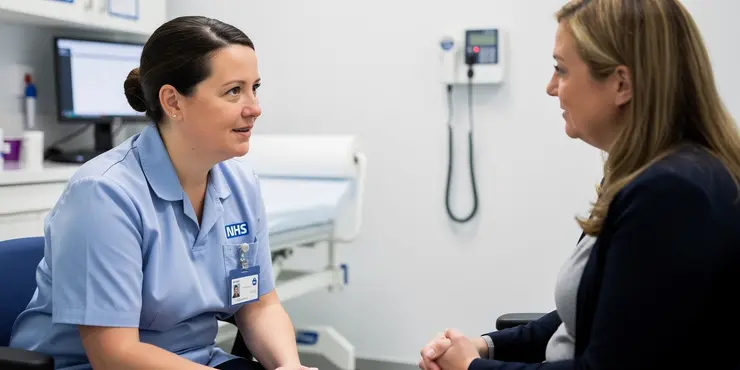
Is the Nimbus variant more contagious?
Relevance: 23%
-

Is there concern about new hypothetical variants like Nimbus and Stratus?
Relevance: 23%
-
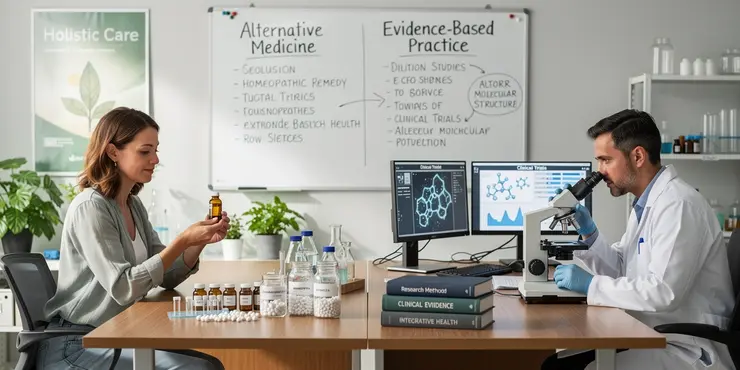
Are there any scientific studies supporting homeopathy?
Relevance: 22%
-
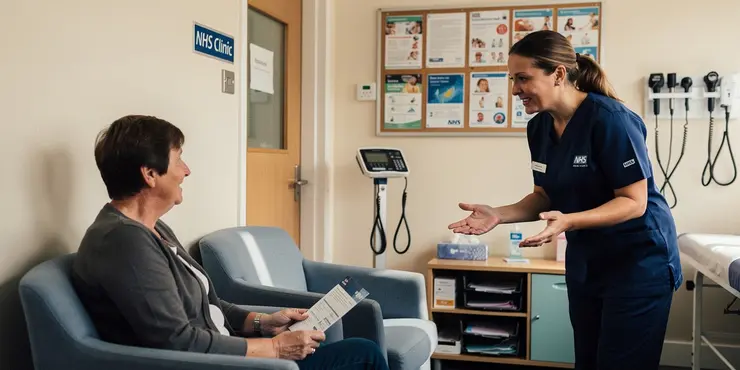
Have there been fictional variants used in media discussions before?
Relevance: 22%
-
How are COVID-19 variants detected?
Relevance: 22%
-
How do COVID-19 variants arise?
Relevance: 21%
-

Do vaccines protect against the Stratus variant?
Relevance: 21%
-

What would happen if the Nimbus variant existed?
Relevance: 21%
-

Are children more affected by new variants of COVID?
Relevance: 21%
-
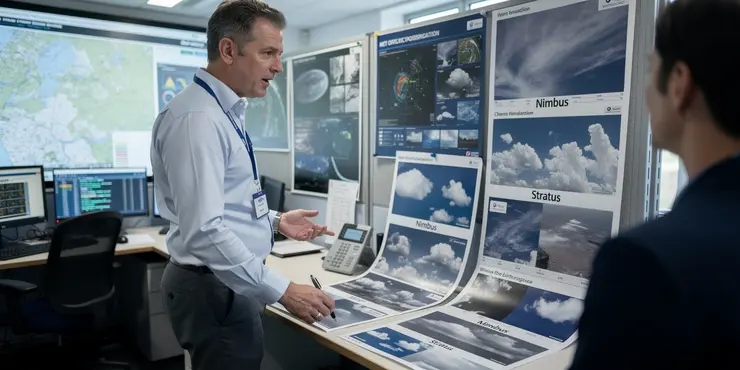
Are the Nimbus and Stratus variants officially recognized?
Relevance: 21%
-
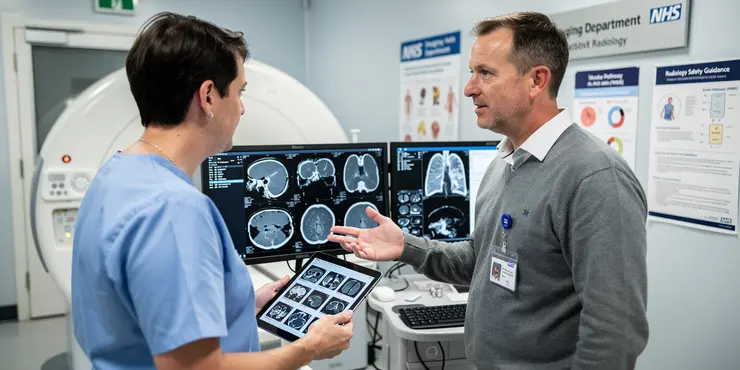
Do AI models for lung cancer require a lot of data to train?
Relevance: 21%
-

Why do some variants spread more easily?
Relevance: 21%
-

Do all mutations in the virus lead to new variants?
Relevance: 21%
-
Do new variants affect COVID-19 testing?
Relevance: 20%
-
How often do new COVID-19 variants emerge?
Relevance: 20%
-

Do vaccines work against new COVID-19 variants?
Relevance: 20%
-

Is there any scientific evidence that links paracetamol use to autism?
Relevance: 19%
-
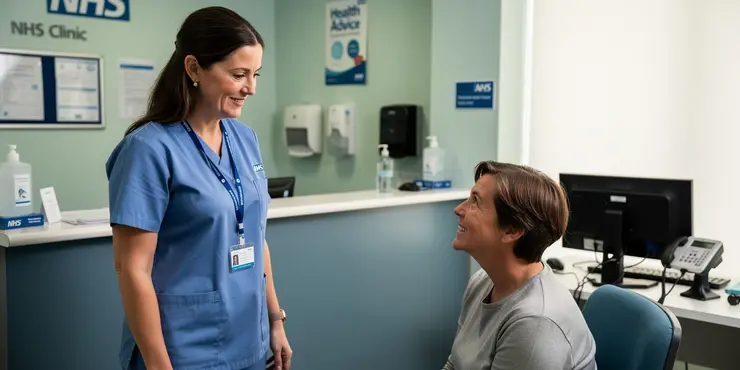
How can I protect myself from new COVID-19 variants?
Relevance: 19%
-
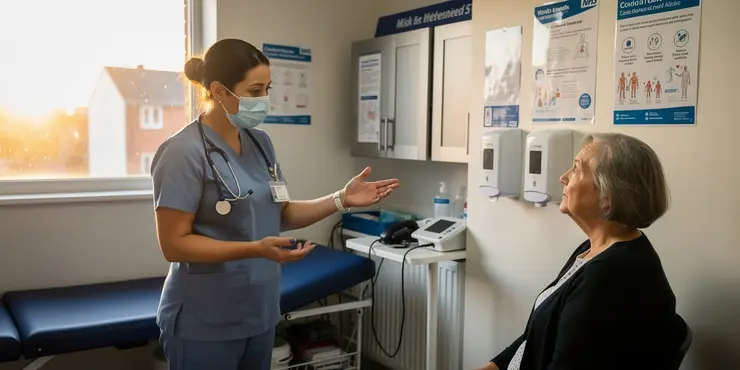
How can I protect myself from Covid-19 variants?
Relevance: 19%
-

Is there scientific evidence linking menopause to dementia?
Relevance: 17%
-

Redundancy Crusader and Annabel Kaye on the Current Model of Redundancy (1).MTS
Relevance: 15%
-

Is the COVID jab effective against new variants?
Relevance: 15%
-

when will i need my next COVID jab?
Relevance: 11%
-
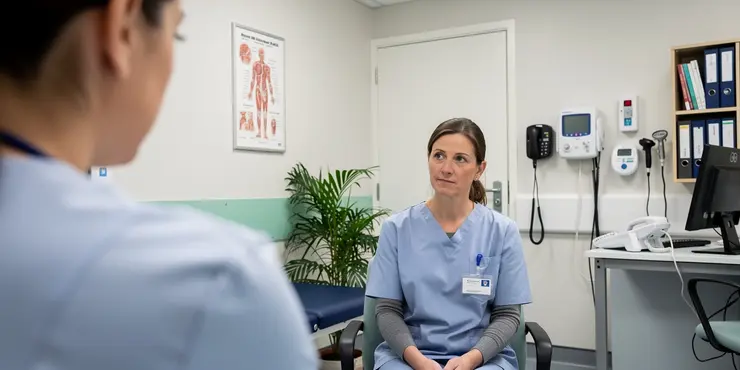
Is the Porsche Taycan available in the UK?
Relevance: 10%
-

What electric vehicles does Skoda offer in the UK?
Relevance: 10%
Introduction to Hypothesized Variants in Scientific Modeling
Scientific modeling is a fundamental method used to understand and predict complex systems. Models are simplified representations of reality, crafted to explore specific phenomena or processes. A critical component of this modeling process involves the use of variants, which are versions of a model that incorporate different hypotheses about the systems being studied.
The Role of Hypothesized Variants
Hypothesized variants are particularly important in situations where empirical data is limited or when exploring scenarios that have not yet occurred. These variants can allow researchers to test different theories and observe potential outcomes under various conditions. In the UK, scientific models employing hypothesized variants have been prominent in areas such as climate change predictions, epidemiology, and economic forecasting.
Application in Climate Science
In climate science, hypothesized variants are employed to explore a range of future scenarios that might result from different policies or natural changes. For instance, variants might reflect differing levels of greenhouse gas emissions and their potential impact on global temperatures. By comparing these variants, scientists can better understand the potential consequences of policy actions and communicate risks to policymakers and the public.
Epidemiological Modeling
During health crises, such as the COVID-19 pandemic, hypothesized variants in epidemiological models have proved crucial. These models often consider various assumptions about virus transmission rates or the efficacy of public health interventions. By creating and analyzing multiple variants, scientists can provide essential insights into how a disease might spread and what strategies can effectively mitigate its impact.
Economic Forecasting
Economists also make extensive use of hypothesized variants in their models. Economic models often have to account for a multitude of variables, from consumer behaviour to government policy changes. Through hypothesized variants, economists can simulate the effects of potential economic shocks or policy decisions, providing valuable foresight in planning and decision-making processes for businesses and governments in the UK.
Challenges and Considerations
While hypothesized variants offer powerful insights, their utility depends significantly on the assumptions and quality of data on which they are based. Poorly conceived hypothesized variants can lead to inaccurate models and misguided conclusions. Therefore, it's essential for researchers to ground their variants in sound science, constantly update their models with new data, and remain transparent about the uncertainty inherent in any hypothesized scenario.
Conclusion
Hypothesized variants play a critical role in the realm of scientific modeling, providing a valuable tool for exploring uncertainties and future possibilities. They enable policymakers, scientists, and the public to prepare more effectively for a range of potential outcomes, addressing challenges and taking advantage of opportunities in a rapidly changing world. As the UK and the wider global community face increasing complexity, the careful and thoughtful use of hypothesized variants in scientific models will remain indispensable.
Introduction to Models in Science
In science, we use models to understand and predict things. A model is like a simple version of something real. It helps us learn about things that are too hard to see or study directly. We use different versions of these models, called variants, to test different ideas about how things might work.
Why Use Different Model Versions?
We use different types of models when we don't have enough data or when we want to see what might happen in the future. These model versions help scientists test ideas and see what could happen under different conditions. In the UK, scientists use these models to study things like weather changes, how diseases spread, and the economy.
Using Models in Climate Science
Scientists use models to explore how changes in weather might happen. They look at different possibilities, like what happens if we use more or less greenhouse gases. These models help scientists tell us how our actions could change the weather and help us make better decisions.
Models for Understanding Diseases
When we have health problems like COVID-19, scientists use models to understand how diseases spread. They make different versions of models to test things like how quickly a virus spreads or how good a new medicine might be. This helps us find the best ways to stop diseases from spreading.
Models in Economics
Economists use models to understand money and jobs. They test different ideas about how changes, like new laws or a pandemic, might affect the economy. These models help businesses and governments make better plans for the future.
Challenges with Models
Models are only helpful if they are based on good ideas and good data. If scientists use bad information, the models might give the wrong answers. So, it's important for scientists to use the best information they can and be honest about what they do not know.
Conclusion
Using different versions of models helps scientists and leaders plan for the future. These models show what might happen and help us prepare. As the world changes quickly, using models to understand what could happen helps us solve problems and make the most of new chances.
Frequently Asked Questions
What are hypothesized variants?
Hypothesized variants are theoretical modifications or versions of a subject or model that have not yet been observed but are proposed based on scientific evidence or reasoning.
How are hypothesized variants used in scientific modeling?
They are used to explore potential outcomes and test scenarios that are not currently observable, allowing researchers to predict and analyze behaviors or phenomena.
Why is it important to use hypothesized variants in modeling?
Using hypothesized variants helps scientists anticipate changes, improve models' robustness, and examine the effects of potential uncertainties or unknowns.
Can hypothesized variants improve the accuracy of models?
Yes, they can enhance models by considering a wider range of possibilities and uncertainties, potentially leading to more comprehensive understanding and better predictions.
What fields of science use hypothesized variants for modeling?
Fields such as genetics, climate science, epidemiology, and theoretical physics often use hypothesized variants to model potential outcomes and scenarios.
How do researchers develop hypothesized variants?
Researchers develop them through theoretical analysis, previous research findings, and observations, combined with scientific intuition and knowledge.
What is the difference between observed and hypothesized variants?
Observed variants are those that have been empirically detected and measured, while hypothesized variants are speculative and have not been observed directly.
Are hypothesized variants scientifically valid?
Hypothesized variants can be valid if they are based on sound scientific reasoning and evidence, but they require further testing and validation to confirm their accuracy.
How do hypothesized variants affect model predictions?
They can create a range of possible outcomes in model predictions, helping to account for uncertainty and enabling more comprehensive risk assessments.
What are the limitations of using hypothesized variants in modeling?
One limitation is that predictions based on hypothesized variants are less certain than those based on observed data. They may also introduce biases if assumptions are incorrect.
Can hypothesized variants be tested experimentally?
Yes, once hypothesized variants are formulated, they can often be tested through experiments to see if they can be observed or verified.
Do all scientific models include hypothesized variants?
Not all models include them. Their use depends on the goals of the model and the degree of uncertainty or unknowns in the system being studied.
Can simulating hypothesized variants lead to scientific breakthroughs?
Yes, exploring hypothesized variants can lead to new insights, theories, or innovations, driving scientific advancement.
Do hypothesized variants always rely on existing theories?
They usually rely on established theories, but they can also be speculative, allowing scientists to explore beyond current frameworks.
Is computational power essential for modeling hypothesized variants?
Yes, computational power is often crucial as it allows for the simulation of complex scenarios and processing of large data sets related to the variants.
How do hypothesized variants enhance risk assessments?
By simulating different scenarios, they provide insights into possible risks and outcomes, improving preparation and mitigation strategies.
What role do hypothesized variants play in predictive modeling?
They allow predictive models to account for future changes and uncertainties by including scenarios that stretch beyond current knowledge.
Can hypothesized variants be used to test the limits of current models?
Yes, they can be used to stress-test models and identify weaknesses or areas in need of refinement.
Do hypothesized variants need to be peer-reviewed?
While the variants themselves are conceptual, the methodologies and results derived from them should undergo peer review to ensure scientific rigor.
What sources of data are used to develop hypothesized variants?
Data sources can include theoretical research, experimental data, historical records, and expert insights to inform and shape hypothesized variants.
What are guessed changes?
Sometimes scientists think there might be changes in genes.
These guessed changes are called "variants."
Variants are like different versions of a recipe, they might make things a little different.
Scientists try to find out if these changes can affect us.
Tools to help: If you want to understand more, you can use pictures or videos. These can make learning easier!
Hypothesized variants are ideas about changes or different types of something. Scientists think these might be real, but they haven't seen them yet. They use what they know and think these changes could happen.
How do scientists use guessed differences in their models?
They help people to look at what might happen in the future. Scientists use them to guess and study what things might do or how they might work, even if they can't see those things right now.
Why do we use guessed changes in models?
Sometimes, we want to guess what could happen in different situations. We call these guesses "changes." They help us think about what might happen next. Using these guesses in our models helps us understand and get ready for different things that might happen.
Here are some tools to help you:
- Pictures: Use simple pictures or drawings to show ideas. They can make it easier to understand.
- Talking it out: Explain the ideas with someone else. Talking helps make things clearer.
- Mind maps: Draw a map of your ideas. This can help you see how things are connected.
Using guessed versions helps scientists plan for changes. It makes models stronger and helps them see what might happen if they don't know everything.
Can guessed changes make models better?
Yes, they can make models better by thinking about more choices and things we don't know. This can help us understand more and make better guesses about what might happen.
What areas of science make guesses to help understand things?
Scientists in different areas have to make smart guesses, called "hypotheses," to predict how things work. Here are some areas where they do that:
- Biology: Scientists guess how living things grow and change.
- Physics: They make guesses to understand how things move and behave.
- Chemistry: Scientists think about how different things mix and change.
- Earth Science: They guess about how the Earth and its weather work.
- Social Science: Scientists make guesses about how people and groups behave.
To better understand, you might use tools like drawings or models. These can help you see ideas clearly.
Fields like genetics, climate science, the study of diseases, and physics use guesswork to imagine what might happen in different situations.
How do scientists make guesses about changes?
Scientists study things to understand them better. Sometimes they make guesses about changes they see. Here's how they do it:
- First, they look closely at what they are studying. They gather lots of information.
- Then, they think about what could make things different or change.
- They make a guess about what might happen. This is called a "hypothesis." It's like a prediction.
- Next, they test their guess. They do experiments and watch what happens.
- Finally, they see if their guess was right or wrong. They learn from this and share what they find with others.
If you find reading hard, try using tools like audiobooks or reading apps. They can read the text out loud for you. Asking someone to explain things can also help you understand better.
People who study things in science create ideas using three steps. First, they think carefully about theories. Second, they look at what other scientists have learned before. Third, they watch things closely in the real world. They also use their smart guesses and what they already know to help them.
What is the difference between seen and guessed changes?
Here we will talk about two types of changes: "seen changes" and "guessed changes."
Seen Changes:
These are changes that you can see or find. For example, if you see a tree with green leaves, that is a "seen change."
Guessed Changes:
These are changes that you think might happen, but you have not seen them yet. For example, you might guess that the leaves will turn yellow in the fall. This is a "guessed change."
It helps to look at pictures or draw what you think will happen. This can make it easier to understand the differences.
Observed variants are changes that we have seen and measured. Hypothesized variants are changes we think might be there, but we haven't seen them yet.
To help understand these words:
- Observed: Something you can see or measure.
- Hypothesized: Something you think might be true but haven't seen yet.
Using a dictionary can help if words are hard to understand. Picture aids and simple examples can also make learning easier.
Are guessed changes in science correct?
New ideas can be good if they are based on strong science and facts. But they need more tests to make sure they are correct.
How do guessed changes affect what the model thinks will happen?
They can help show different possible results in the models. This helps us understand things we are unsure about and lets us check risks better.
What can be hard about using guessed ideas in models?
One problem is that guessing what might happen is harder than using real facts. Guessing can be wrong if what we think is not right.
Can we test ideas in experiments?
Yes, once ideas about changes are made, we can test them with experiments. This helps us see if our ideas are right.
Do all science models have guessed parts?
Not all models have them. People use them based on what they want the model to do and how much they do not know about the system they are studying.
Can pretending changes in science ideas help us make big discoveries?
Yes, looking at new ideas can help us learn new things. We can come up with new ideas or make cool new stuff. This helps science grow.
Do ideas about changes always use old ideas?
Scientists often use ideas that are already known. But sometimes, they think of new ideas to learn more about things we don't know yet.
Do you need strong computers to study different ideas?
Yes, having a strong computer is important. It helps us run big programs and understand lots of information about different changes.
How do guessed changes help check risks?
They help us see what might happen in different situations. This makes it easier to get ready and solve problems if they come up.
What job do guessed changes have in guessing models?
When we try to guess what might happen, we can use 'guessing models.' These models help us make smart guesses.
Sometimes, we think there might be changes or differences. We call these 'guessed changes.'
These guessed changes can help us make better guesses. They help the models think about different things that could happen.
If you need help understanding, a grown-up or a teacher can explain. Drawing pictures or using simple charts can also make it easier to see how things work.
They help us guess what might happen in the future by thinking about different ideas, even if we don't know everything right now.
Can we use guessed changes to see how far our models can go?
Yes, you can use them to check how strong a model is and find out where it needs to be better.
Do new ideas about changes in genes need to be checked by experts?
The ideas behind the different versions need to be checked. This is done by other scientists to make sure everything is right.
What data helps make new ideas?
Data comes from many places. It can come from ideas people have, experiments people do, stories from the past, and smart people's thoughts. All this information helps us make new ideas and guesses.
Useful Links
This website offers general information and is not a substitute for professional advice.
Always seek guidance from qualified professionals.
If you have any medical concerns or need urgent help, contact a healthcare professional or emergency services immediately.
Some of this content was generated with AI assistance. We’ve done our best to keep it accurate, helpful, and human-friendly.
- Ergsy carfully checks the information in the videos we provide here.
- Videos shown by Youtube after a video has completed, have NOT been reviewed by ERGSY.
- To view, click the arrow in centre of video.
- Most of the videos you find here will have subtitles and/or closed captions available.
- You may need to turn these on, and choose your preferred language.
- Go to the video you'd like to watch.
- If closed captions (CC) are available, settings will be visible on the bottom right of the video player.
- To turn on Captions, click settings .
- To turn off Captions, click settings again.
More Items From Ergsy search
-

Can hypothesized variants be used in scientific modeling?
Relevance: 100%
-

What are the Nimbus and Stratus variants of Covid?
Relevance: 33%
-

How do scientists name new Covid-19 variants?
Relevance: 27%
-
Has research been conducted on the Nimbus variant?
Relevance: 27%
-
What is the Covid-19 Stratus variant?
Relevance: 27%
-

Are there protocols for handling hypothetical variants?
Relevance: 26%
-

Are new COVID-19 variants more dangerous?
Relevance: 25%
-

Are new variants more transmissible?
Relevance: 25%
-
Where can I learn about real Covid-19 variants?
Relevance: 24%
-

Should I be worried about new variants?
Relevance: 24%
-

What impact could a variant like Stratus have if real?
Relevance: 24%
-

Can new variants cause reinfection?
Relevance: 23%
-
What is a COVID-19 variant?
Relevance: 23%
-
New Covid Variant Strains
Relevance: 23%
-
What is the process to identify a new Covid-19 variant?
Relevance: 23%
-

Is the Nimbus variant more contagious?
Relevance: 23%
-

Is there concern about new hypothetical variants like Nimbus and Stratus?
Relevance: 23%
-

Are there any scientific studies supporting homeopathy?
Relevance: 22%
-

Have there been fictional variants used in media discussions before?
Relevance: 22%
-
How are COVID-19 variants detected?
Relevance: 22%
-
How do COVID-19 variants arise?
Relevance: 21%
-

Do vaccines protect against the Stratus variant?
Relevance: 21%
-

What would happen if the Nimbus variant existed?
Relevance: 21%
-

Are children more affected by new variants of COVID?
Relevance: 21%
-

Are the Nimbus and Stratus variants officially recognized?
Relevance: 21%
-

Do AI models for lung cancer require a lot of data to train?
Relevance: 21%
-

Why do some variants spread more easily?
Relevance: 21%
-

Do all mutations in the virus lead to new variants?
Relevance: 21%
-
Do new variants affect COVID-19 testing?
Relevance: 20%
-
How often do new COVID-19 variants emerge?
Relevance: 20%
-

Do vaccines work against new COVID-19 variants?
Relevance: 20%
-

Is there any scientific evidence that links paracetamol use to autism?
Relevance: 19%
-

How can I protect myself from new COVID-19 variants?
Relevance: 19%
-

How can I protect myself from Covid-19 variants?
Relevance: 19%
-

Is there scientific evidence linking menopause to dementia?
Relevance: 17%
-

Redundancy Crusader and Annabel Kaye on the Current Model of Redundancy (1).MTS
Relevance: 15%
-

Is the COVID jab effective against new variants?
Relevance: 15%
-

when will i need my next COVID jab?
Relevance: 11%
-

Is the Porsche Taycan available in the UK?
Relevance: 10%
-

What electric vehicles does Skoda offer in the UK?
Relevance: 10%


